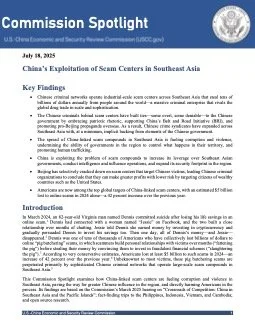By Cecilia Farfán-Méndez, Karen Bozicovich and Pier Angelli De Luca
This article presents the results of a pilot test conducted with a group of experts on existing challenges and emerging and future threats that the region faces regarding illicit trade in firearms and ammunition. The pilot test was carried out within the framework of designing a methodology for the Hemispheric Study on Illicit Trafficking of Firearms and Ammunition, mandated by paragraph 66 of Resolution 2945 (XLIX-O/19) on Advancing Hemispheric Security: A Multidimensional Approach, passed on the 49th Regular Session of the General Assembly of the Organization of American States (OAS). This mandate falls under the responsibility of the Secretariat for Multidimensional Security, specifically the Department against Transnational Organized Crime and the Department of Public Security. The pilot test was conducted by the latter. The findings from the pilot test reveal a possible road to follow. Out of the 95 challenges identified, 39 were classified as “high priority.” Among these, challenges requiring low resource investment and capable of being implemented in the short to medium term—while producing effective and tangible results—were identified. On the other hand, preventing and mitigating the identified threats will require, mainly, efforts in the public sphere, including coordination among state institutions and branches of government, intersectoral coordination (especially with manufacturing, importing/ exporting, intermediary, transport, and technology companies), and international cooperation with multilateral organizations and between countries. The lack of secure and protected information generation, analysis, and exchange was identified in at least four of the seven dimensions into which the threats were grouped. This finding is also positive for states, as anticipating such information related threats could be achieved in the short and medium term, and in some cases without the need for signification budget modifications.
Washington, DC: Organization of American States - OAS, 2025. 18p.




